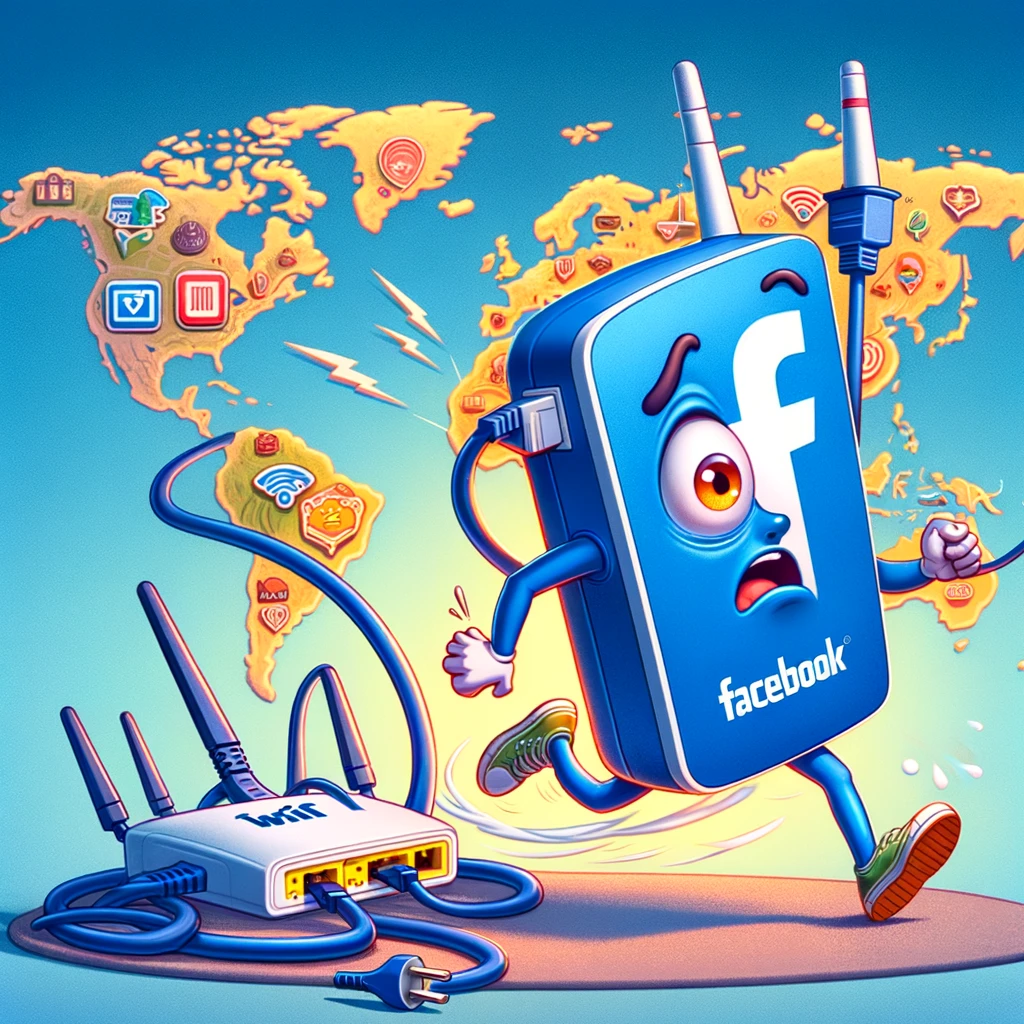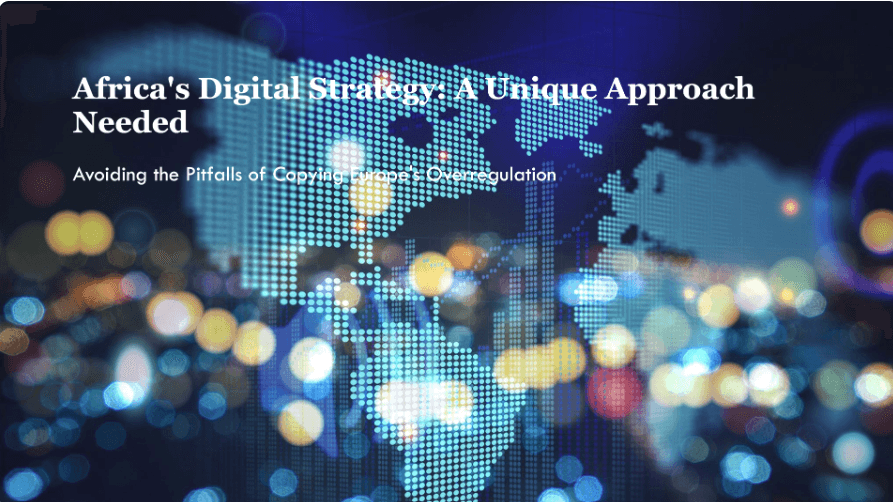
Express WiFi by Facebook: A Failed Mission to Connect the World?

In an era where digital connectivity shapes economies, cultures, and individual lives, the ambitious project of Express Wi-Fi by Facebook aimed to redefine access to the internet across the globe’s remote corners. Promising affordable and reliable internet through public Wi-Fi hotspots, it was a beacon of hope for many. Yet, as we peel back the layers, the story of Express Wi-Fi unfolds with a mix of innovation, partnerships, and a trail of controversies and challenges that question its efficacy and impact. Let’s dive deeper into the narrative of Express Wi-Fi, dissecting its strategic alliances, technological endeavors, and the complexities that led to its contentious standing.
The Vision Behind Express WiFi
Launched amidst much fanfare in August 2016 by Facebook Connectivity, Express Wi-Fi was more than a project; it was a mission. With the aim of democratizing internet access, it sought to illuminate the digital landscape for millions in the shadows of the digital divide. The project was grounded in partnerships with local ISPs and mobile operators, weaving a network of Wi-Fi hotspots across continents from the vibrant markets of Nairobi to the serene landscapes of Rajasthan.
A Tapestry of Global Alliances
Strategic Partnerships: A Cornerstone
The essence of Express Wi-Fi lay in its global partnerships, spanning across nations like Ghana, India, Indonesia, Kenya, and many more. Each collaboration was tailored to the unique digital tapestry of its host country, leveraging local knowledge to optimize the reach and efficiency of its services. However, beneath the surface of these alliances, were the complexities and challenges of navigating diverse regulatory environments and market dynamics.
The Technological Backbone
Key to the rollout of Express Wi-Fi was its technology partner program, bringing onboard giants like Cisco Systems and Nokia, alongside innovators like Tanaza. This consortium aimed to forge a robust infrastructure that could withstand the rigors of varied geographical and socio-economic landscapes. Yet, the journey was fraught with technical hurdles, from glitchy connectivity to concerns over net neutrality, painting a picture of ambition marred by executional pitfalls.

The Crux of Controversy
Monetization vs. Mission
At its heart, Express Wi-Fi was not a free service. This monetization model, while intended to sustain the project, sparked debates over its accessibility and affordability, especially in regions where even minimal costs could be a barrier. The dichotomy between its mission to connect the underserved and the realities of its business model became a focal point of critique. It is important to develop multi purpose infrastructure.
Facing the Goliaths
The road for Express Wi-Fi was never devoid of competitors. From entrenched mobile networks to emerging public Wi-Fi initiatives, the landscape was a battlefield where only the fittest could thrive. The project’s struggle to carve a niche among these giants raises questions about the feasibility of such ambitious projects in the face of stiff competition and alternative connectivity solutions.
Technical Glitches and Ethical Quandaries
The journey of Express Wi-Fi was not smooth, marred by technical glitches that sometimes led to unexpected charges for its users, undermining trust. Moreover, allegations of content favoritism and concerns over net neutrality underscored the ethical dilemmas inherent in providing internet access within a commercial framework.
In Retrospect: A Mission Unfulfilled?
As we reflect on the narrative of Express Wi-Fi, it’s a tale of grand ambitions, strategic partnerships, and technological endeavors, shadowed by controversies, challenges, and unmet expectations. Was it a flawed mission from the start, or a visionary project hindered by the complexities of reality? The story of Express Wi-Fi by Facebook is a compelling chapter in the saga of global internet connectivity, offering invaluable lessons on the intersection of technology, business, and society.
This exploration only scratches the surface of the nuanced debate around Express Wi-Fi and the broader discourse on digital connectivity. As we ponder on the legacy of such initiatives, it’s clear that the quest to connect the world is far from over, riddled with both opportunities and obstacles.
In closing, while the project of Express Wi-Fi by Facebook raises more questions than answers, it undeniably contributes to the ongoing dialogue on how best to bridge the digital divide. Whether viewed as a failed mission or a stepping stone, its legacy will inform future endeavors in the global quest for universal internet access. Check out our public WIFI project.

References
To uphold the comprehensive narrative and provide factual grounding to the discussion on Express Wi-Fi by Facebook, here are the referenced materials that offer deeper insights into the project’s ambitions, challenges, and the broader context of its implementation and eventual downsizing:
Wikipedia’s overview on Express Wi-Fi provides a foundational understanding of the project’s goals, scope, and operational dynamics across different countries. It serves as a starting point for exploring the intricacies of the initiative (Express Wi-Fi – Wikipedia).
Haaretz’s exclusive report delves into the decision by Meta (formerly Facebook) to wind down the Express Wi-Fi project, offering a critical view on the challenges and strategic shifts that influenced this decision. The article sheds light on the internal deliberations and external factors contributing to the closure of the initiative (Haaretz Exclusive on Express Wi-Fi).
Gadgets 360 provides a concise but informative cheat sheet on Express Wi-Fi in India, highlighting key aspects of the project’s implementation, partnerships, and user experience in one of its largest markets. This resource offers a snapshot of the project’s impact and operational challenges in a critical region (Facebook Express Wi-Fi in India – Gadgets 360).

